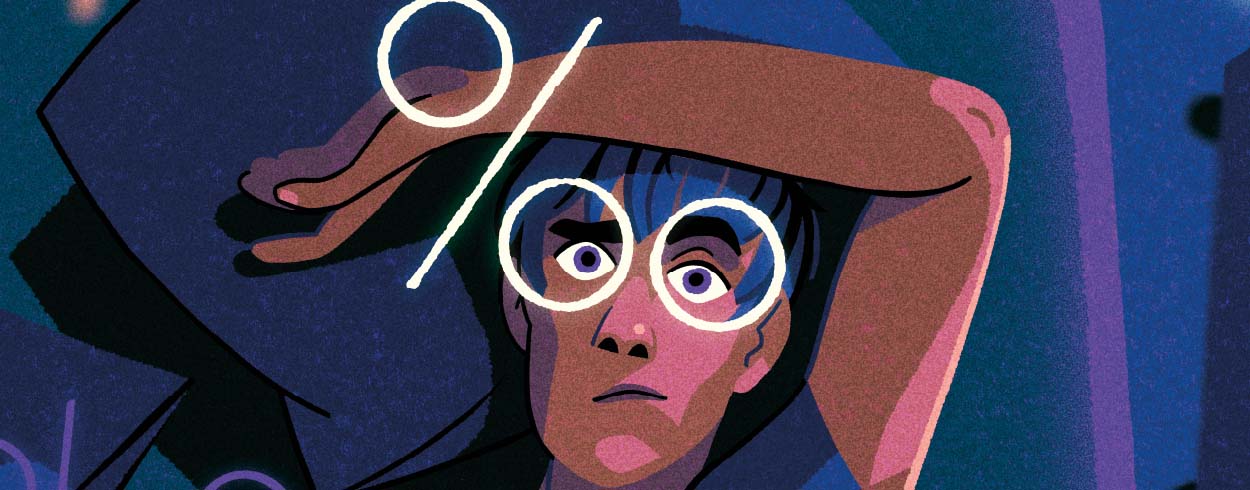
Alcohol and sleep – you can’t rest while your body is burning alcohol
A nightcap before going to bed may make you feel relaxed and help you fall asleep. However, alcohol disturbs and ruins the restorative effect of sleep, and at worst may lead to insomnia. Join our alcohol and sleep webinar on 14 March 2023 to hear expert tips for getting a good night’s sleep.
Alcohol is not a sleeping pill
The relaxing effect of one or at most two standard servings of alcohol may help you fall asleep. However, a study* shows that even a small quantity of alcohol reduces the amount of restorative sleep you will get. Alcohol disturbs and ruins the restorative effect of sleep, and at worst may lead to insomnia. For example, after drinking five servings of alcohol, a person weighing 80 kg will lose an average of 45 minutes of restorative sleep during the first three hours.
Alcohol decreases sleep quality
After drinking alcohol, you will get less of the deep sleep and REM sleep that are important for recovery. Alcohol will also cause you to wake up more times during the night, even if you don’t remember doing so in the morning. A bad night’s sleep will leave you feeling weak and ineffectual the morning after drinking alcohol. Depression and irritability will make it difficult to work or study.
In addition to poor performance, a bad memory and weakened learning ability, a long-term lack of sleep and stress will also put you at risk of many illnesses. After you reduce your alcohol consumption or quit drinking altogether, you will quickly experience an improvement in sleep quality. During the first night unaffected by alcohol, you will immediately get more restorative sleep and will feel more refreshed in the morning.
Make sure you can recover
“Recovery” is when your body and mind restore themselves after exertion. Alcohol has been proven to have a negative effect on recovery.
Being able to recover from the stresses of everyday life is essential for your wellbeing and ability to cope. Your body and mind are refreshed and revitalised during recovery. Stress is also necessary, as we wouldn’t be able to get things done or function effectively without our body’s stress response.
Yet many aspects of modern life are increasing our daily stress loads and thereby weakening our ability to recover. Being constantly reachable online and exposed to an endless stream of news can cause feelings of inadequacy and anxiety. Experts often find their work encroaching on their free time, and remote working can make it difficult to disconnect.
The human body can’t keep up with the pace of these changes. Which is why it’s important to ensure that you have enough time for both mental and physical recovery.
Adequate rest and sleep are the lifeblood of recovery. It’s also a good idea to find some time for microbreaks in the middle of your working day. Knowing how to recover is particularly important if you have a lot of worries and stress in your life.
*https://www.firstbeat.com/fi/uutiset/suomalaistutkimus-yksikin-alkoholiannos-heikentaa-unta/
 Chat
Chat